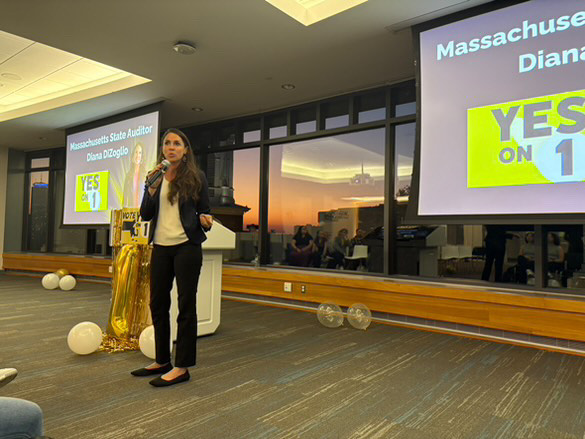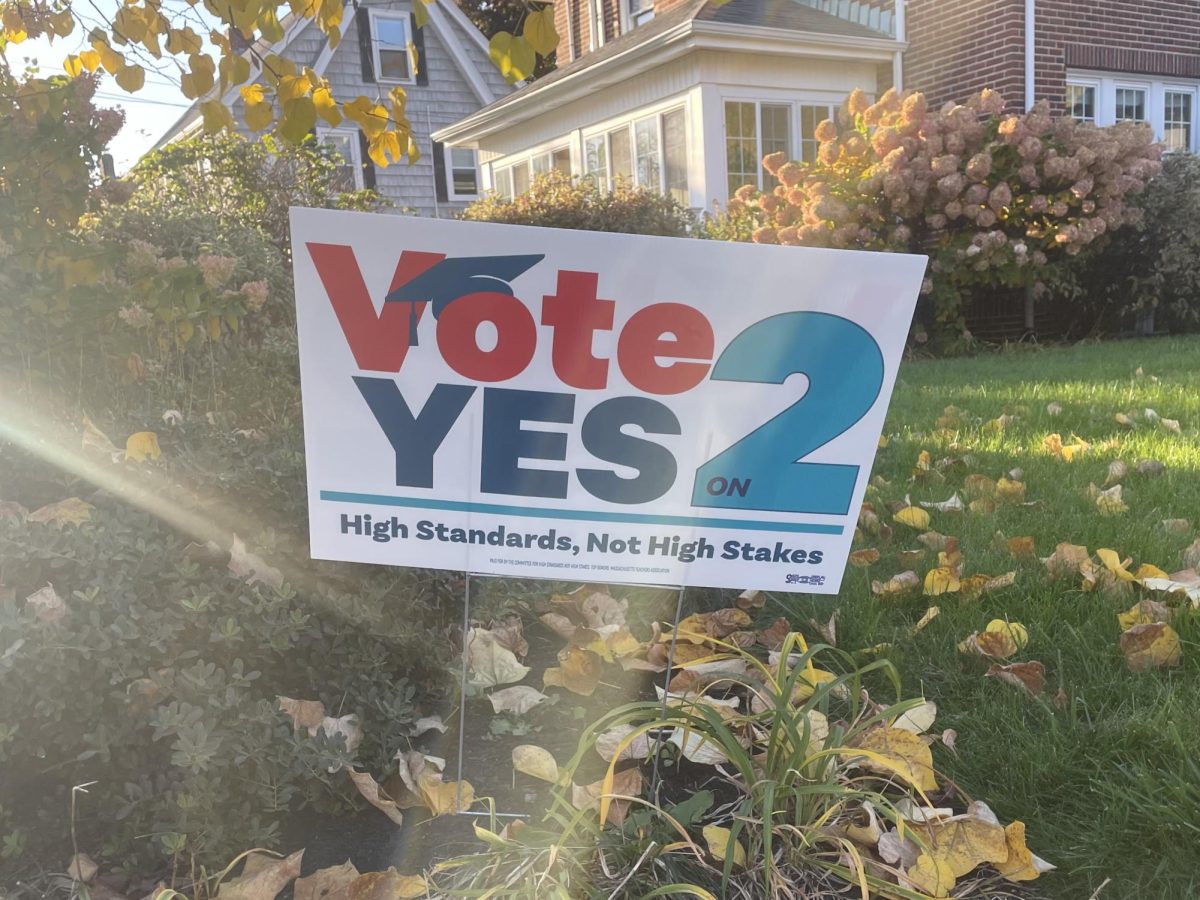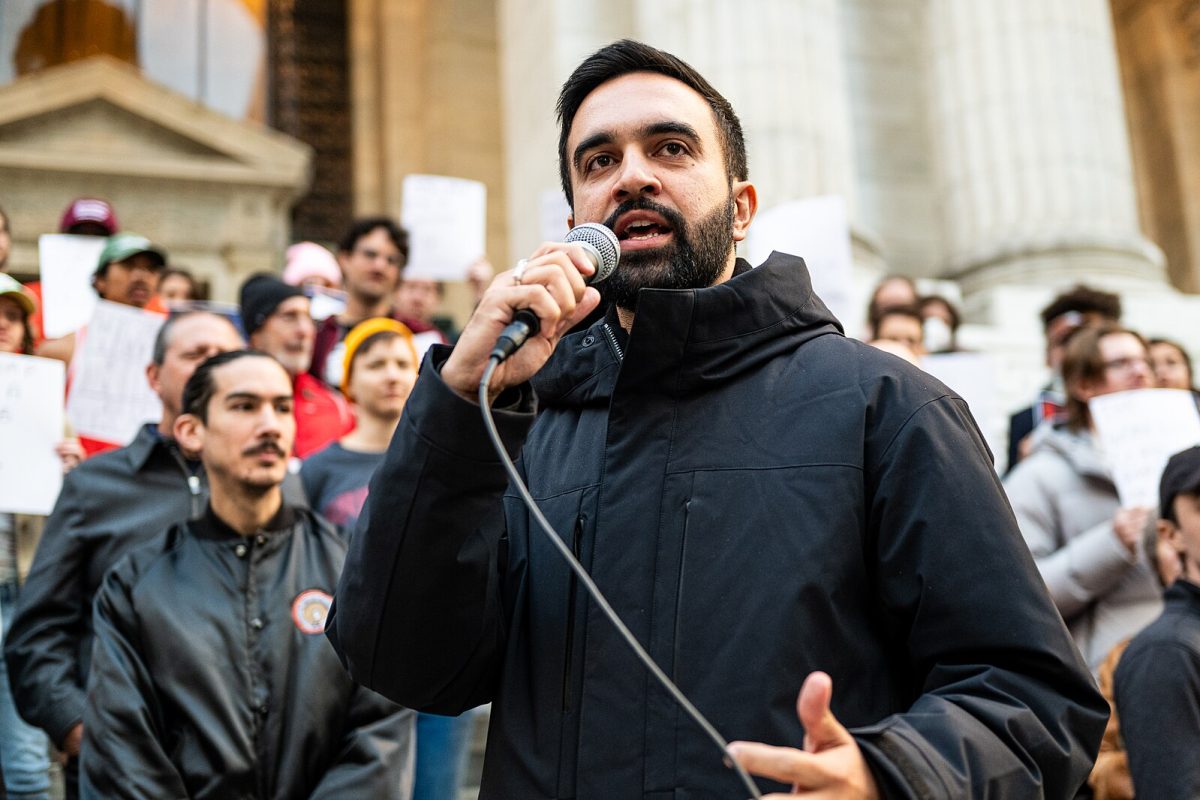Massachusetts Governor Charlie Baker made waves when he moved to outright ban the sale of all vaping products in the Bay State, leaving many at Suffolk wondering what’s next.
Baker’s ban, which was unanimously approved by the Public Health Council on Sept. 24, will last for four months until Jan. 25, 2020. During that time, the sale of vaping products of any kind will be illegal in Massachusetts.
“One of the experts said that, ‘We don’t have time to wait. People are getting sick and the time to act is now.’ I couldn’t agree more,” the Republican said during his declaration of a public health emergency.
The move comes after a spate of vaping-related illnesses and deaths nationwide. Just under 1,500 cases have been reported as of Oct. 15, according to the Centers for Disease Control and Prevention (CDC). Thirty-three people, including at least one in Massachusetts, have died.
Symptoms of vaping-related illness include “rapid onset of coughing, weight loss and significant breathing difficulties,” according to NPR.
Additional symptoms include nausea, vomiting and diarrhea. Although symptoms typically occur within days, it can take weeks for them to fully develop.
The CDC advised users to “consider refraining from use of all e-cigarette and vaping products” until the cause of the illnesses is discovered.
Students say vape products aren’t the problem
“If you look at the overall use of cigarettes and lung cancer – I don’t think that [vape products] are the main cause [of smoking-related illnesses],” said Shan Shirazee, a finance major, to The Journal while smoking JUUL outside Sawyer building.
“I think the whole situation was over exaggerated,” said Shirazee. “There was not enough sufficient evidence and actual proof for the ban.”
Senior Gabby Dulong told The Journal said she doesn’t smoke anything but JUUL, one of the most popular vaping brands in the nation.
“So it’s annoying I have to buy pods from New Hampshire. I’m an adult, I can choose what I put in my body.”
For many, the ban raises a myriad of issues, from the ethics of the ban to having to travel out of state to purchase vape products.
How businesses across the state– and outside of it– have been affected
The vaping industry is a lucrative business; according to the BBC, the global market for vape products, including JUULs, is now worth around $19.3 billion. But after the ban went into effect, retailers were forced to pull all vape products from their shelves, which for some meant closing up shop.
Stacy Poritzky, a vape shop owner in Newton, spoke with WGBH about the effect the ban has had on her business, Vape Daddy’s.
“Right now, we’re just we’re sitting on it,” Poritzky said, referring to her shop’s inventory “We can’t do anything with it. We’re in a really tough spot.”
“I do feel awful for the businesses that aren’t able to operate due to the ban, and the families that this affects,” Dulong said. “It’s hard as a parent to provide in the economic climate as is, but Baker really didn’t think of all the people who own these vape shops that make money off adults paying money for these products.”
States surrounding Massachusetts continue to sell vape products and some, like New Hampshire, even sell these products to anyone over the age of 18.
According to WBUR, New Hampshire businesses that sell vape products and are close to the Mass. border have seen a surge in sales of the products since the ban was implemented.
“I don’t smoke anything but JUUL,” senior Gabby Dulong told The Journal. “So it’s annoying I have to buy pods from New Hampshire. I’m an adult, I can choose what I put in my body.”
Caroline Fletcher, a psychology and advertising major, said in an interview with The Journal that people who vape won’t stop. Rather, they will find other ways to obtain vape products.
“Or they’ll just smoke cigarettes as an alternative,” said Fletcher.
Some worry the ban could lead to spike in cigarette use
A real concern for many is that former tobacco users will return to tobacco products like cigarettes. As of publication, there are no plans to ban cigarettes in Massachusetts, although a national ban on menthol-flavored tobacco products has been hotly debated.
“I’d hate to see all the people, young and old, who have used vaping to quit more harmful smoking methods go back to those methods, despite years of avoiding it,” said Hannah Bakiri, a junior.
Jacob Murphy, a sophomore journalism major, said none of his friends who vape have turned to cigarettes, or vise versa.
“Everyone I know who vapes only started with that, they didn’t go from cigarettes to vape,” Murphy said, in an interview with The Journal.
Noah Forgue, a government major, said he has seen more cigarette use on campus since the ban.
“I don’t think [the ban] is going to solve anything,” said Forgue. “I think people are going to find whatever ways they can find to vape and smoke anyway, so I think it’s counterproductive.”
Not all on campus think the ban is a bad idea
“I think it’s good because there are too many young kids getting addicted to nicotine,” senior Mari Monahan told The Journal. “I mean, there’s always going to be ways to get [nicotine], but at least [the ban] eliminates part of the problem.”
Despite pushback and several legal challenges, Baker maintains that a ban was the right thing to do.
“We didn’t enter this one easily,” he told reporters at an event in Blandford, Massachusetts. on Oct. 10. “We appreciated the destruction it was going to create, and people certainly have access to the courts.”
“I agree that we should ban the JUUL’s and other vaping devices in Massachusetts…” sophomore marketing major Polina Damaskina told The Journal. “[While vaping] you unconsciously smoke even more and you get a huge amount of nicotine in your body.”
While some opponents of the ban argue there is no conclusive evidence linking health problems to vaping, Lella Woolery, a freshman psychology major, said short-term effects of vaping may already be seen.
“I was talking to someone who works at Boston Children’s hospital. Kids who vape are coming for CAT scanning [lung diagnostic] and the pictures of their lungs are pitch white because of mucous,” Woolery said to The Journal.
“I feel that breathing is more important than infected lungs,” said Woolery.
A ban is “not a long term solution”
Currently, Suffolk does not allow the use of vape devices, including JUUL, inside buildings. Smoking of any kind, including vaping, is not permitted within 25 feet of building entrances.
Counseling, Health & Wellness (CHW) at Suffolk is making an effort to inform students about vaping’s health effects.
“[CHW] as a department has been creating and disseminating some health information on campus about vaping,” Dr. Jean Joyce-Brady, director of CHW, said in an email to The Journal. Copies of the information were not immediately available by publication.
“We see our role as an educational one so students are informed about choices they want to make.”
Scientists do not know the exact health effects of vaping, however, as the ingredients of vape products remain largely unknown. As a result, Murphy said the ban is “not a long term solution.”
“I guess I can understand why [Baker] made this a public health emergency, but I can’t see a ban being a permanent solution,” said Murphy. “People are just going to get [vape products] anyway.”
As Massachusetts enters its second month of the ban, some say vaping is not the most pressing issue in the state.
“[Baker] should focus on the trains instead of vaping,” Forgue said.






















